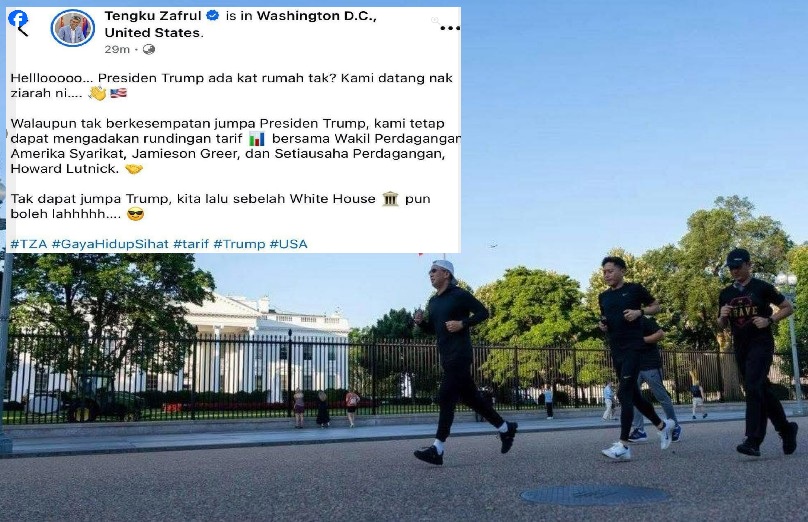IN a startling revelation, a recent study conducted by the Asian Barometer Survey found that an alarming 50% of Malaysians consider corruption to be a routine and accepted part of their country’s social fabric.
The study highlighting the normalisation of corruption within society, particularly resonates among low-income groups residing in rural areas.
The findings serve as a wake-up call to the Malaysian government to take decisive action to combat corruption and restore faith in the integrity of the nation.
With transparency, robust anti-corruption measures and a focus on socioeconomic upliftment, Malaysia can pave the way for a brighter, corruption-free future.
University of Nottingham Malaysia honorary research associate and leading expert Dr Bridget Welsh warned that the Malaysian government must urgently address the underlying causes behind this acceptance and identify why corruption has become ingrained in society.
When speaking at the Agora Society Malaysia’s second series of public lectures titled “Corruption as a Political Problem” at Tun Mohamed Suffian Auditorium, Faculty of Law, Universiti Malaya (UM), yesterday, she asserted that this acceptance results from the perception that corruption somehow benefits individuals.
To combat this perception, Welsh emphasised the need for effective solutions that disprove the notion of corruption as a source of aid or assistance, such as rechanneling efforts towards improved welfare systems that genuinely uplift the people and alleviate poverty.
Welsh underscores the case of rural communities, particularly in Sabah, where the local population perceives these financial contributions and donations as an accepted norm.
She also said the hardcore poor and the B40 group were the biggest victims of corruption, as funds meant to empower these segments of society were taken away from them.
“Ironically, they are also among those who support corruption because they need the election ‘handouts’ as they have no other mechanisms (to get money),” she added.
To address this, she noted the urgent need for the government to generate improved employment opportunities, providing sustainable pathways for individuals to enhance their lives.
She further stressed that mere rhetoric will not be enough to transform mindsets; comprehensive alternative solutions are imperative. – May 28, 2023









